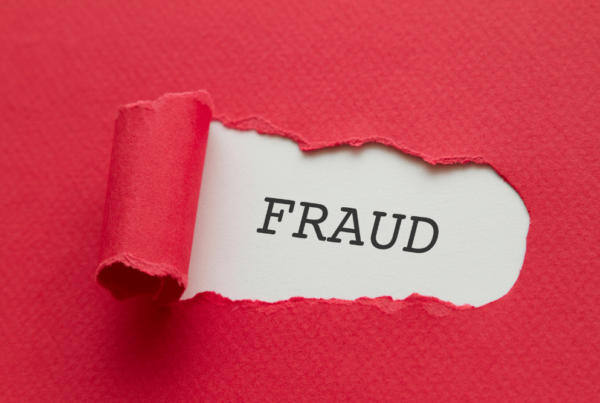While driving under the influence is a misdemeanor offense, the consequences may be more serious than a felony. This is because a conviction has additional penalties not seen for other crimes.
A conviction for DUI results in a revoked driver’s license. And a revoked license can, hypothetically, last forever.
The offense of DUI is codified in the Illinois Vehicle Code at 625 ILCS 5/11-501. The statute provides that an individual can be guilty of driving under the influence of alcohol in Illinois in two ways:
First, a person is guilty if the alcohol concentration in his blood or breath is 0.08 or higher. See 11-501(a)(1). This section is known as DUI per se in the respect that regardless of whether the driver is impaired, if his BAC is 0.08, he is guilty. Section (a)(1) enforces the legal limit.
The State’s Attorney will use the results of a breathalyzer test or blood test to prove the defendant’s guilt in these cases. The Illinois State Police have a practice of certifying breathalyzer machines for accuracy. Nonetheless, the practice is prone to error. The defendant can question the accuracy and reliability of the testing methods.
Second, a motorist is guilty of the offense of DUI if he is ‘under the influence of alcohol.’ See 11-501(a)(2). Under Section (a)(2), the accused is guilty if he is impaired.
The Illinois Supreme Court has defined ‘under the influence’ in its pattern jury instructions.
23.29 Definition Of Under The Influence Of Alcohol
A person is under the influence of alcohol when, as a result of drinking any amount of alcohol, his mental or physical faculties are so impaired as to reduce his ability to think and act with ordinary care.
And so, the issue is whether the prosecution can prove beyond a reasonable doubt that the accused was so impaired that he couldn’t exercise ordinary care.
To prove its case, the prosecution will have the arresting officer testify that the defendant failed standardized field sobriety tests. These tests were developed by the National Highway Traffic Safety Administration (NHTSA). While the tests are standardized, they are not always administered properly. If the police officer fails to follow protocol, the accuracy of the tests are compromised.
In all prosecutions, the defendant can contest whether the police had probable cause to make the arrest. If there is a finding of no probable cause, the case will be dismissed.
For example, the arresting officer must have reasonable suspicion that the defendant violated the law, or was about the violate the law, before making a traffic stop. If the officer cannot articulate a basis for stop, the court will quash the arrest.
Each case should be reviewed carefully for probable cause and evidentiary issues.
One thing I am fond of saying is, ‘It’s not what you know, it’s what you can prove.’ When people come to my office after getting arrested for DUI, I remind them, ‘I don’t care whether you’re guilty. The question is whether the prosecution can prove it.’
If there is any cause for optimism after getting arrested for DUI, it’s the fact that the prosecution has to prove it. The accused, on the other hand, doesn’t have to prove anything. The accused is presumed innocent.
The rules favor the defendant.







Recent Comments